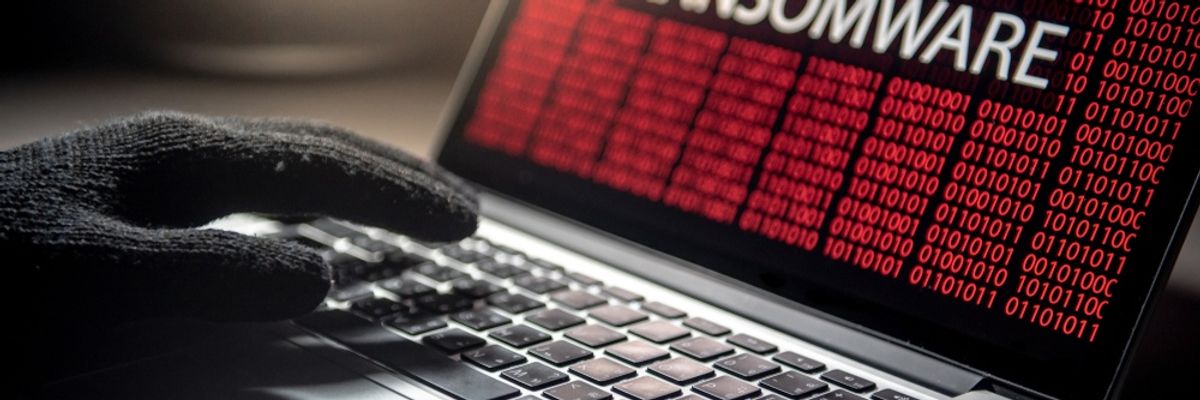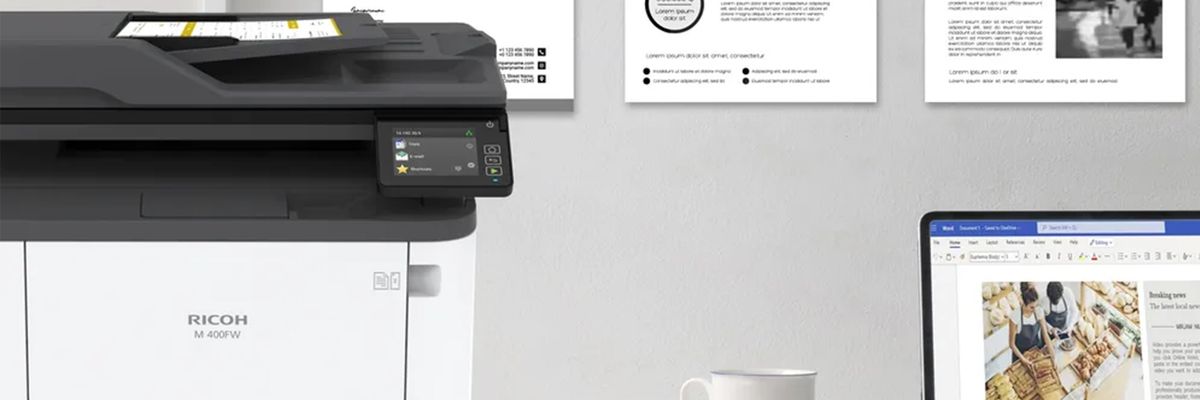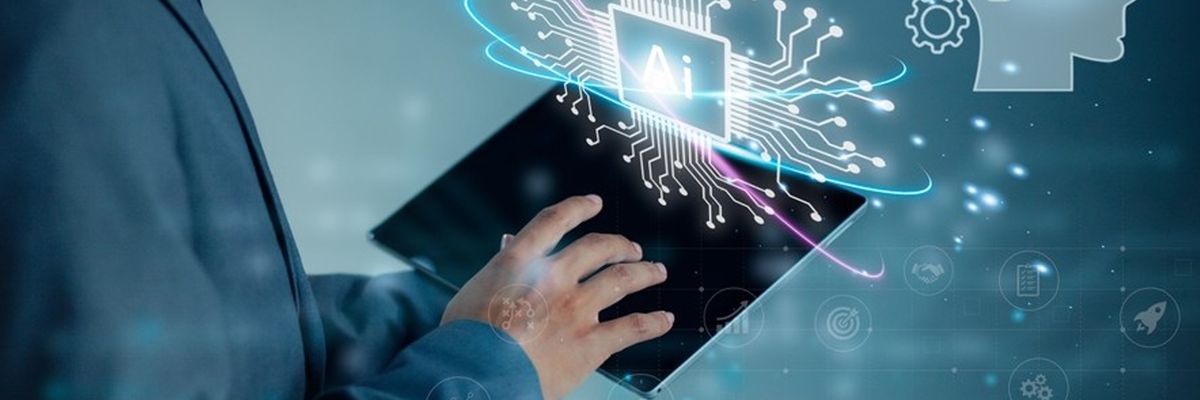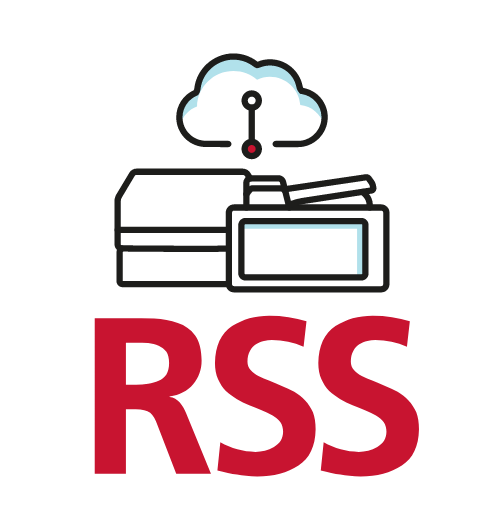
Device Management Services | The best option for effectively migrating to Windows 11
Optimize Windows device management with managed services, Ricoh DaaS, and prepare for your transition to Windows 11. Improve security and sustainability.
Microsoft recently announced that it will discontinue support for Windows 10, prompting many companies to reevaluate their device management strategy. This significant change highlights the importance of proactive technology management in an increasingly complex business environment. According to IDC, 14.5% of companies hire specialists focused on business strategy and growth. Related to this, the Device as a Service market is projected to grow by 35% in the coming years. In this context, device management services, such as DaaS (Device as a Service), are a viable option to facilitate the transition to new operating systems while securing the entire computing infrastructure with the support of specialists who provide on-site assistance and remote support.
In this article, we will explore the relevance of the DaaS model for a successful transition strategy to Windows 11.
Device management, the cornerstone of modern workspaces
As companies look for ways to optimize their operations in an increasingly digital world, efficiently managing computing devices becomes a priority. With the proliferation of devices and the need for more flexible and remote work, organizations are looking for efficient solutions to manage their computing equipment. This is where Device as a Service (DaaS) becomes a valuable alternative, especially when it comes to managing Windows 10 devices.
The concept of DaaS is simple: instead of managing each device individually, management is outsourced to a service provider. This not only saves time and internal resources but also ensures that devices are always up to date, secure, and supported. By freeing companies from the burden of managing every aspect of their technology infrastructure, DaaS allows employees to focus on more strategic tasks that drive business growth and innovation (greater focus on their core business).
The traditional model of internal device management often involves high costs and a significant operational burden for companies. Managing each device internally not only requires considerable investment in an excessive IT team with shift availability (depending on the industry and type of business), training and certification for technology and product specialization, but also in infrastructure and management tools. With DaaS, the infrastructure is managed by the provider, which means that the company does not have to worry about corrective technical support, maintenance, or hardware and software updates.
At Ricoh, for example, we offer a DaaS model that allows companies to focus on their core operations while leaving device management to our certified experts. In addition, this portfolio of on-site and remote managed services provides flexible scalability, allowing companies to adjust their technology needs as they grow. This flexibility is crucial in a modern and dynamic business environment where technology needs can change rapidly and staying ahead of the curve is a priority (e.g., workforce growth, unplanned projects, growth of hybrid environments, government compliance, etc.). It is for this reason that DaaS has become so relevant and popular in recent years in the region.
Finally, an everyday reality has to do with the productivity of organizations. Time plays a fundamental role in an internal operating environment, as well as when companies offer a service or product to customers, because productivity expectations translate into agile response times and optimal service quality.
Windows Device Management and Cybersecurity
When it comes to security, Windows has made significant advances, especially with Windows 10. Built-in security features such as Windows Defender offer robust protection against threats. These tools not only detect and neutralize threats but also provide detailed reports that help businesses better understand their security posture. However, managing Windows devices requires a proactive approach to ensure that all security updates are deployed in a timely manner and that security settings are kept up to date. This proactive approach is essential to protect against constantly evolving cyber threats.
A fundamental principle in the context of security has to do with the sensitivity of the information handled by companies, such as data on employees, suppliers, customers, etc. For this reason, we feel obliged to warn companies about the potential vulnerability of their information. Keeping operating systems up to date, monitored, and supported with preventive/corrective maintenance, while accompanying the transition from Windows 10 to Windows 11, is also a fundamental security measure to comply with local regulations and avoid legal, financial, and reputational risks.
Configuring and maintaining Windows devices can be challenging, especially in an environment where different versions of the operating system are used, such as Windows 10 or even earlier versions. Differences in security features, application compatibility, and hardware requirements can complicate the management of a mixed environment. This is where Ricoh's managed services can make a difference. These services include not only initial setup, but also ongoing technical support, ensuring that any incidents are quickly resolved or predicted, minimizing or avoiding downtime. Having access to responsive and efficient technical support ensures that problems are not only resolved quickly but also prevented in the future.
What should you consider for an effective transition to Windows 11?
The arrival of Windows 11 presents new opportunities to improve productivity and security. With its revamped design and advanced features, Windows 11 promises a more intuitive and secure user experience. However, the transition to Windows 11 must be carefully planned to avoid business disruptions. Device management plays a crucial role in this transition, ensuring that hardware meets system requirements and that software is compatible. Careful planning is essential to ensure that all aspects of the transition are handled efficiently.
A successful transition to Windows 11 begins with a comprehensive audit of current devices to determine what updates or replacements are necessary. Assessing the compatibility of current hardware with Windows 11 is a critical first step to avoid surprises down the road. Managed services can help facilitate this transition by providing a clear roadmap and support at every step of the process. In addition, these solutions integrate sustainable practices, ensuring that the transition is not only efficient but also environmentally friendly.
Implementing sustainable practices during the transition not only protects the environment but can also result in significant long-term savings. Sustainability has become a key component of modern business strategies. In a world where environmental responsibility is increasingly important, companies are continually looking for ways to reduce their environmental impact.
By choosing device management solutions that incorporate sustainable practices, companies not only improve their operational efficiency, but also contribute to a greener future. This includes choosing energy-efficient hardware, implementing recycling policies, and reducing their carbon footprint through virtualization and resource optimization. By adopting these practices, companies can position themselves as leaders in sustainability within their industry.
Ricoh as a strategic partner in your company's transition to Windows 11
There are currently two types of companies in Latin America following Microsoft's announcement that it will end support for Windows 10. On the one hand, some companies have already begun their transition to Windows 11, but they still have devices that may not be able to migrate to Windows 11 before October 2025. On the other hand, there are companies that have not begun this transition because they may not be clear on how to start the process.
Regardless of your company's situation, with support for Windows 11 or its previous versions, Ricoh Device as a Service (DaaS) is your expert and experienced partner, with a regional structure serving more than 13 countries in the region, providing support in three languages (Spanish, English, and Brazilian Portuguese) with the option of 24/7/365 support to provide you with remote or on-site device management services to protect your company against cyber threats and ensure business continuity.
With services such as Warranty Management, On-site Operator or Ricoh Genius (if required), Configuration, Maintenance, End-of-Life Management, and 24/7 Remote Support for user assistance, Ricoh DaaS ensures that your team remains productive with protected devices that are always up and running through a subscription model that fits your business needs and priorities. In this way, we work with your company to create a more efficient migration plan to Windows 11 without the worry that your devices will be left unsupported.
A well-implemented strategy not only ensures operational efficiency but also positions the company for sustainable success in the future. If you would like to evaluate where to start this transition to Windows 11, leave us your details and one of our experts will contact you: Contact us | Ricoh América Latina













